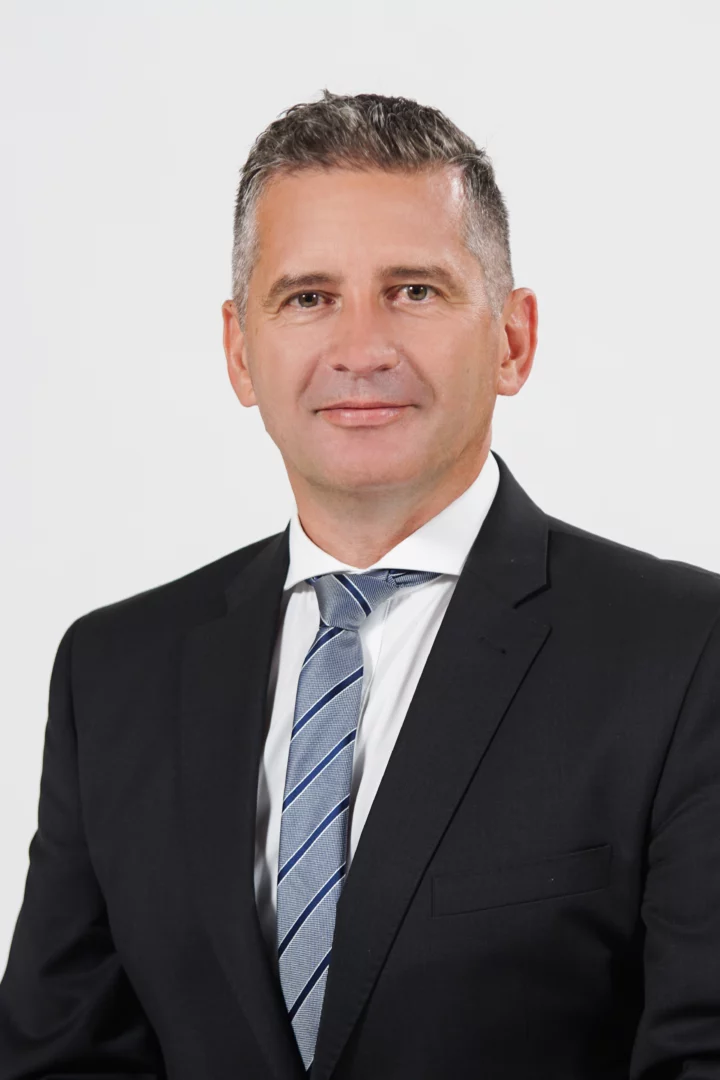
by the Faculty of Mechanical Engineering and Informatics
A candidate completing the IWE/EWE training under this program is expected to acquire advanced knowledge and a critical understanding of welding technology application. They will have advanced competence and skills required in the field of welding technology, including:
An online oral admission interview is conducted to primarily evaluate the applicant’s motivation, communication skills, and proficiency in English. In addition, the discussion may include some fundamental questions related to welding technology, materials science, or mechanical engineering, to assess the applicant’s basic professional knowledge relevant to the International Welding Engineer program.
According to the international standards it is a requirement for companies involved in the production of welded structures to employ a welding engineer with an IWE/EWE diploma.
The University reserves the right not to launch the study programme if there are fewer than ten applicants. In such cases, the tuition fee will be refunded to the applicant.
Meet our Student Ambassador and connect with Student Coordinator from the Faculty. Check out their testimonials or reach out to them directly!

Founded in 1949, the Faculty of Mechanical Engineering and Informatics has evolved into a modern, multidisciplinary institution, integrating mechanical engineering, information technology, logistics, and electrical engineering. Over seven decades, it has adapted to meet contemporary industrial challenges, combining strong research with education. Partnerships with companies, laboratories, and international organizations, aligned with the UN Sustainable Development Goals, further enhance the Facultys commitment to innovative and impactful engineering education and research.